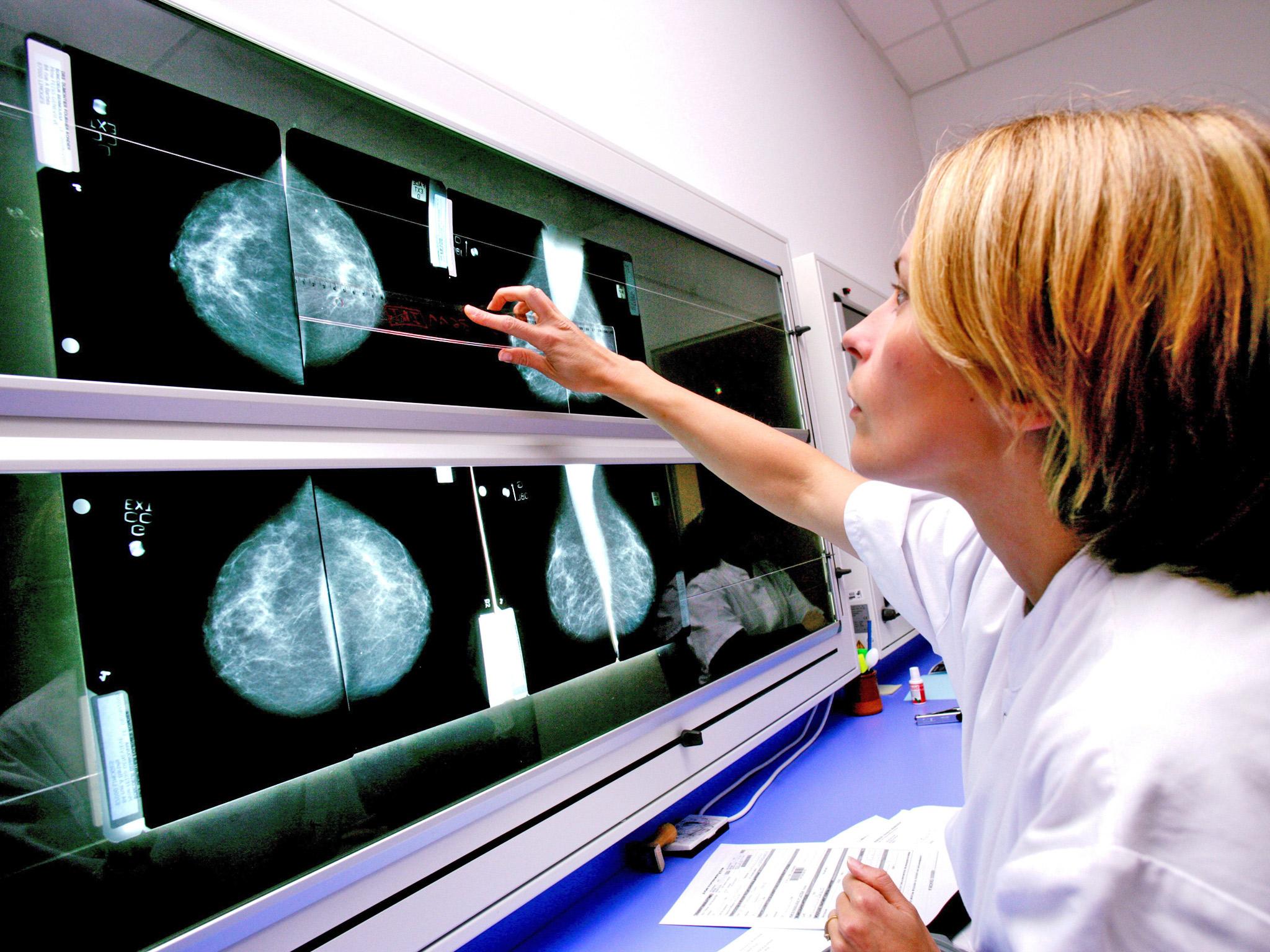New breast cancer drug called 'too expensive' now available on the NHS
Campaigners hail decision as 'exceptionally good news' for breast cancer patients

Your support helps us to tell the story
From reproductive rights to climate change to Big Tech, The Independent is on the ground when the story is developing. Whether it's investigating the financials of Elon Musk's pro-Trump PAC or producing our latest documentary, 'The A Word', which shines a light on the American women fighting for reproductive rights, we know how important it is to parse out the facts from the messaging.
At such a critical moment in US history, we need reporters on the ground. Your donation allows us to keep sending journalists to speak to both sides of the story.
The Independent is trusted by Americans across the entire political spectrum. And unlike many other quality news outlets, we choose not to lock Americans out of our reporting and analysis with paywalls. We believe quality journalism should be available to everyone, paid for by those who can afford it.
Your support makes all the difference.A new breast cancer drug previously considered too expensive for routine use has become available on the NHS.
Kadcyla, which can extend the lives and improve the quality of life of women with advanced breast cancer, will now be available to around 1,200 patients each year.
The drug was rejected by the National Institute for Health and Care Excellence (Nice) in 2015 over its high price of £90,000 per patient, despite clinical trials suggesting it can add six months of life on average to patients with terminal cancer.
But a new deal struck between NHS England and manufacturer Roche, backed by Nice, has been hailed by breast cancer campaigners as “exceptionally good news”.
Kadcyla is for patients with an aggressive form of the disease known as HER2-positive breast cancer, that has spread to other parts of the body and cannot be removed through surgery.
Until now, the drug has been available in England through the Cancer Drugs Fund, a £1.27bn Government initiative created in 2010 to pay for drugs not routinely available on the NHS. In 2014-15, 778 women accessed Kadcyla this way.
However, the fund has been struggling and if Nice had determined the drug was still too expensive to offer on the NHS, no more patients would have been able to receive it.
Baroness Delyth Morgan, chief executive of Breast Cancer Now, said the organisation is “absolutely delighted that tough negotiation and flexibility by Nice and NHS England, and the willingness of Roche to compromise on price, have ensured that thousands of women with incurable breast cancer will be given precious time to live.”
“This is exceptionally good news for so many breast cancer patients,” she said.
Dr Fran Woodard, executive director of police and impact at Macmillan Cancer Support, said the decision was “really positive news for people living with cancer.”
“We expect the numbers of people living cancer which is treatable but cannot be cured to grow in the future, so it is really welcome to see Kadcyla become more widely available to patients on the NHS in England,” she said.
Kadcyla, also called T-DM1, combines another cancer drug called Herceptin with a potent chemotherapy agent. To receive it, women must have failed on a previous treatment, usually Herceptin alone.
In trials it was shown to dramatically improve quality of life, compared with other treatments, and reduces side-effects.
It works by attaching itself to the HER2 receptor on cancer cells, blocking signals that encourage the cancer to grow and spread.
The chemotherapy element also goes inside the cell and causes it to die from within. Kadcyla is given intravenously once every three weeks.
NHS England chief executive, Simon Stevens, speaking at the NHS Confederation conference in Liverpool, said: "NHS cancer survival rates are now at record highs, and this year we're going to be making major upgrades to modern radiotherapy treatments in every part of England.
"NHS England is also taking practical action to drive greater value from taxpayers' growing investment in modern drug treatments, and that work is beginning to bear fruit.
"Today's announcement on Kadcyla shows that for companies who are willing to work with us, there are concrete gains for them, for the NHS and most importantly for patients able to get new and innovative drugs.”
Details of the new price are being kept confidential.
There are around 55,000 new cases of breast cancer each year and around 10,000 deaths from the disease, according to Cancer Research UK.
Join our commenting forum
Join thought-provoking conversations, follow other Independent readers and see their replies
Comments